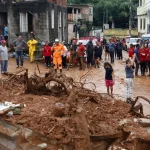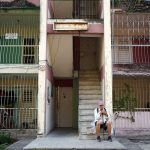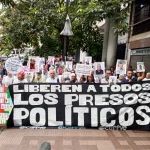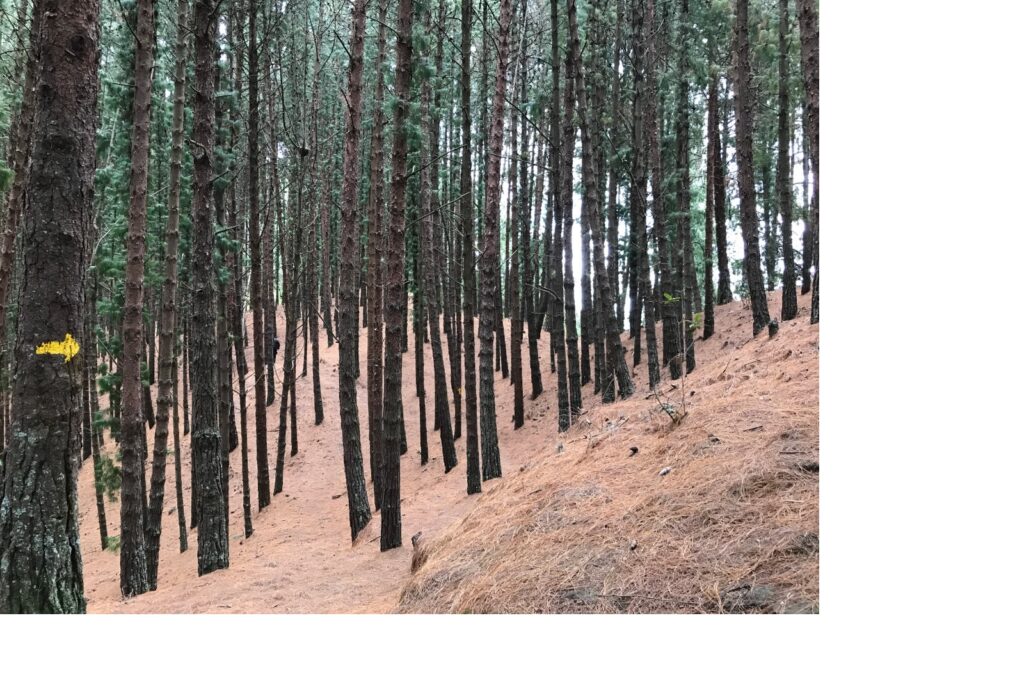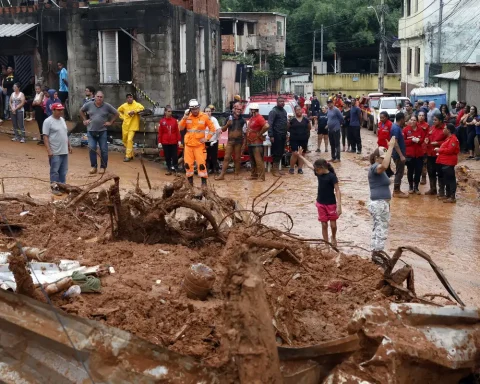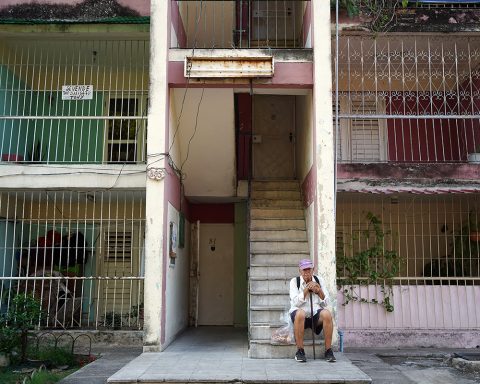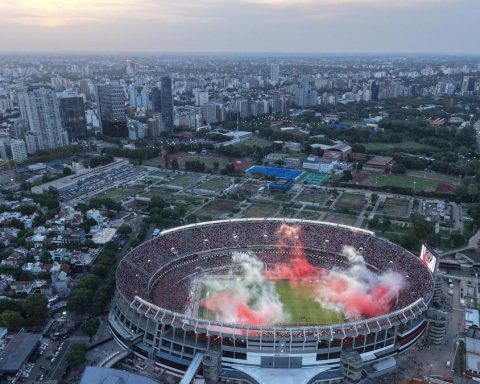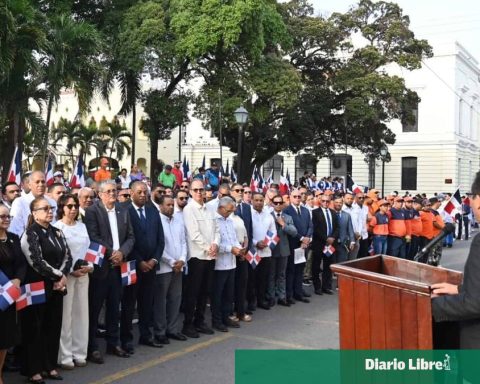The senator of the Christian Democrats (DC), Matías Walker, announced that they have decided to suspend the session of the mixed commission on Critical Infrastructure or Intermediate State to be held this Monday, due to lack of time to reach an agreement.
It should be noted that for this May 16 the session of the Mixed Commission – made up of members of the Chamber of Deputies and Deputies with the Senate – was planned to address the proposal presented by the legislators of Renovación Nacional (RN), Kenneth Pugh and Carmen Gloria Aravena, on critical infrastructure regarding the violence that has been experienced in the south of the country. In this instance, the Executive’s proposal would be reviewed.
Senator Walker said that “we have resolved to rescind the joint commission summons for the Critical Infrastructure or Intermediate State project.” And he added: “We have done it with the conviction that we need more space, more time to reach a great agreement on an issue that has to do with security, with public order, which is the obligation of the co-legislative bodies.”
The DC legislator, in line with the summons that he himself has made to the Government to present soon a proposal that achieves the corresponding agreements on the matter, specified that “we are going to continue working on a broad, generous proposal, understanding that we need the agreement of the 3/5 of the deputies and senators in office”.
You may also like:
The Undersecretary of the Interior, Manuel Monsalve, had indicated that “on Monday the Mixed Commission is going to receive the government, the Minister of Defense (Maya Fernández) is going to go, the Minister of the Interior (Izkia Siches) is going to go, we are going to present the text”. But that session will not take place at the moment.
And it is that the day of meetings held by the Minister of the Segpres Giorgio Jackson with his peer of the Interior Izkia Siches —on Thursday— with parliamentarians from the PS, the Broad Front and the Communist Party did not bear fruit and did not manage to tie up support for the Government proposal. For this reason, according to Palace sources consigned by The Mercuryministers of the political committee and even President Gabriel Boric would have contacted legislators to suspend the process that would begin on Monday.
The differences are internal, in the ruling party. Parliamentarians from Chile Digno, mainly in the PC and Acción Humanista, are reluctant to the idea of using the Armed Forces for internal security tasks. The same happens in sectors of the Broad Front, where there would not be total agreement between independent parliamentarians who were in party quotas.
“Although we have not known the details of the Government’s indication, there are other paths that are more viable and can ensure medium and long-term changes in the security situation in our country, particularly in Tarapacá or La Araucanía. We have to move forward in the refoundation of the Carabineros, in the intelligence law, the arms control law and also the money laundering law, which allows the pursuit of money from criminal gangs, we believe that they are much more effective initiatives than entering to propose a state Although our bench has not made a decision, they are elements that must be considered, “said PC deputy Matías Ramírez, according to the morning paper.
“Today we have a problem that leads us to innovate, because the police have a crisis of legitimacy. That is why, in addition to taking measures and supporting our government to guarantee security to the population of La Araucanía, we have to advance the discussion regarding the reform of the Carabineros because we need a police force that respects human rights, guarantees peace in our territories and is at the service of the community and the country”, commented the deputy of the Commons Emilia Schneider.
Another point on which there is no agreement would be on who will lead the operational tasks of the deployed Armed Forces. In Chile Digno and the Broad Front they consider it key that it be a civil authority, while in democratic socialism they see this measure as unfeasible since there is no recent history of that.
However, the talks will continue this weekend. The PC has convened a central committee, in which Minister Camila Vallejo will participate, to discuss this and other issues.
It is worth mentioning that, due to the series of attacks in the south, the Socialist Party (PS) chose to close ranks with any alternative presented by the Government, and even suggested that the well-known Emergency Constitutional Exception Stake could be decreed and not a “third way”. Deputy Leonardo Soto said yesterday that given the “apparent refusal of Approve Dignidad to support the proposal for intermediate states, it leaves no other option than to decree a state of emergency exception. There is no third way, which is to do nothing.” And Senator Alfonso de Urresti added that “the Government has to give clear and precise signals, its hands cannot be tied.”
The same position was adopted by the PPD. “Our only way is to support the government and I invite the rest of the parties that make up the government to do so on such a relevant issue,” said party president Natalia Piergentili.
“There is no room for ambiguity, Democratic Socialism is clear about it and we are going to agree with the decision that the President adopts,” added PDP Senator Jaime Quintana.
Senator Matías Walker later told radio Cooperative that he hopes that “the Government between now and Monday will have a proposal, either by way of indications to be able to resolve the differences between the Chamber of Deputies and the Senate, to resolve these differences.” Otherwise, he added, “directly, make the decision to resort to the constitutional state of exception. I do not see room for another decision and all this within the framework, in addition, of what the President of the Republic has proposed to generate a great agreement on security matters, to which we have said that we are available”.







